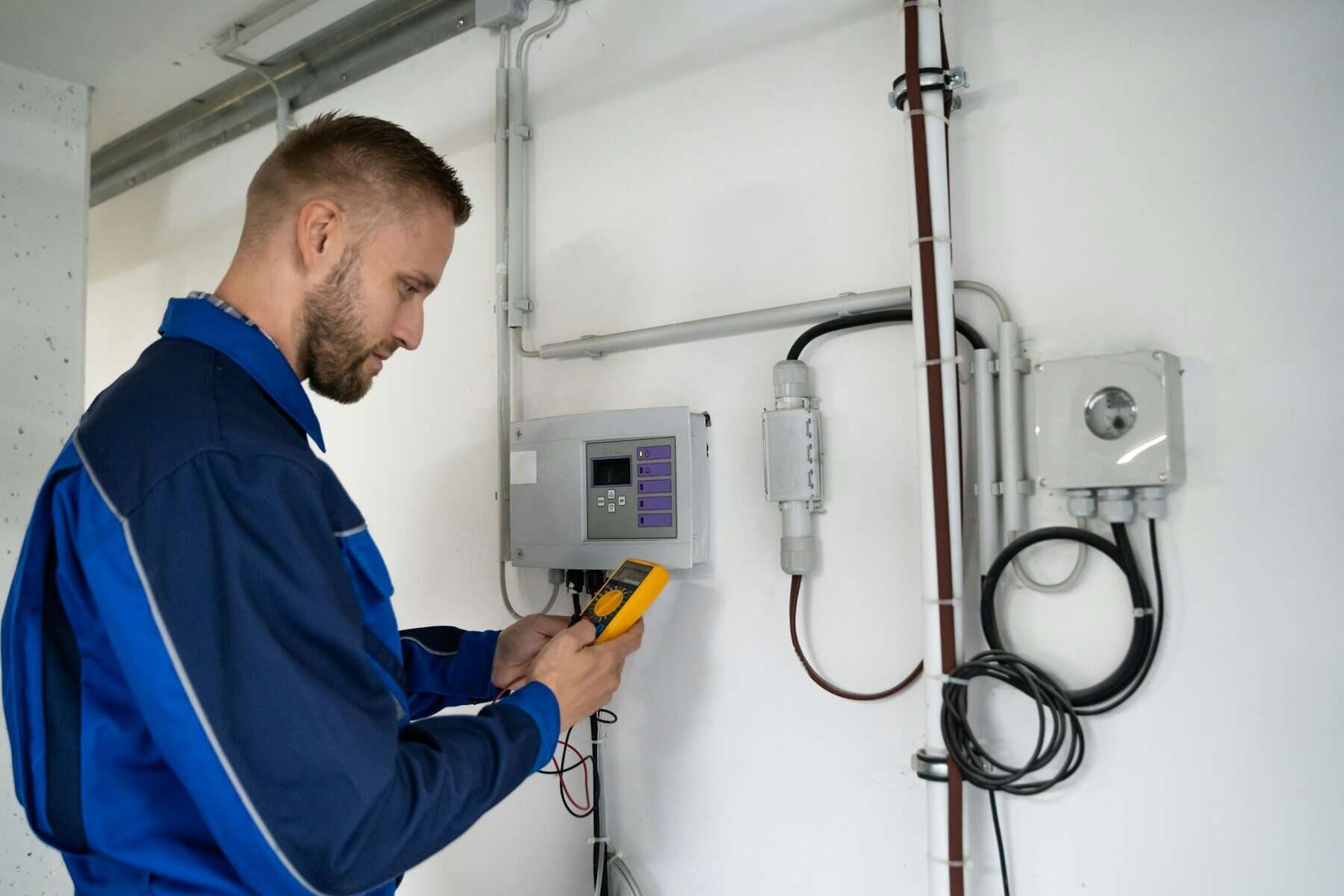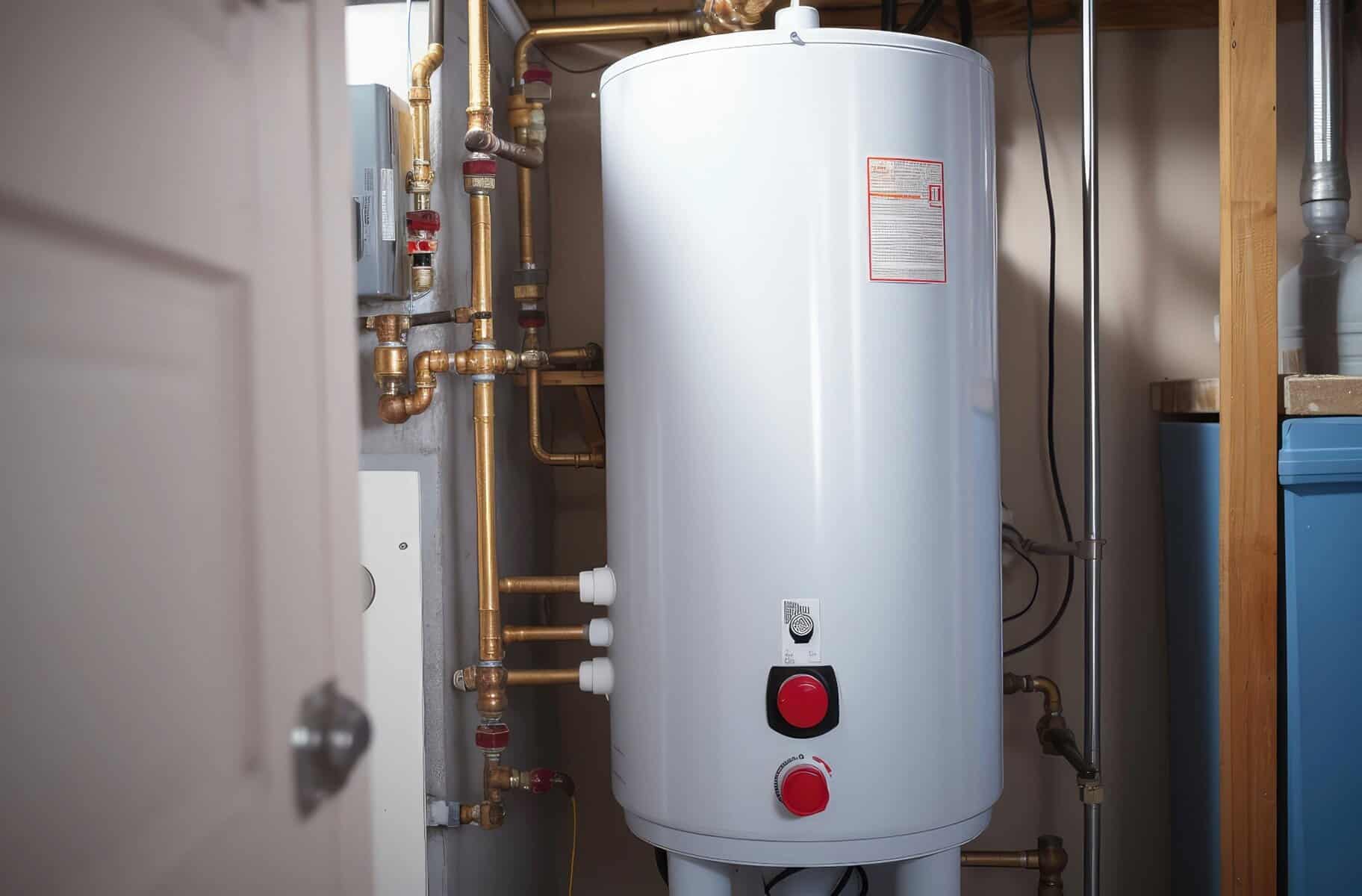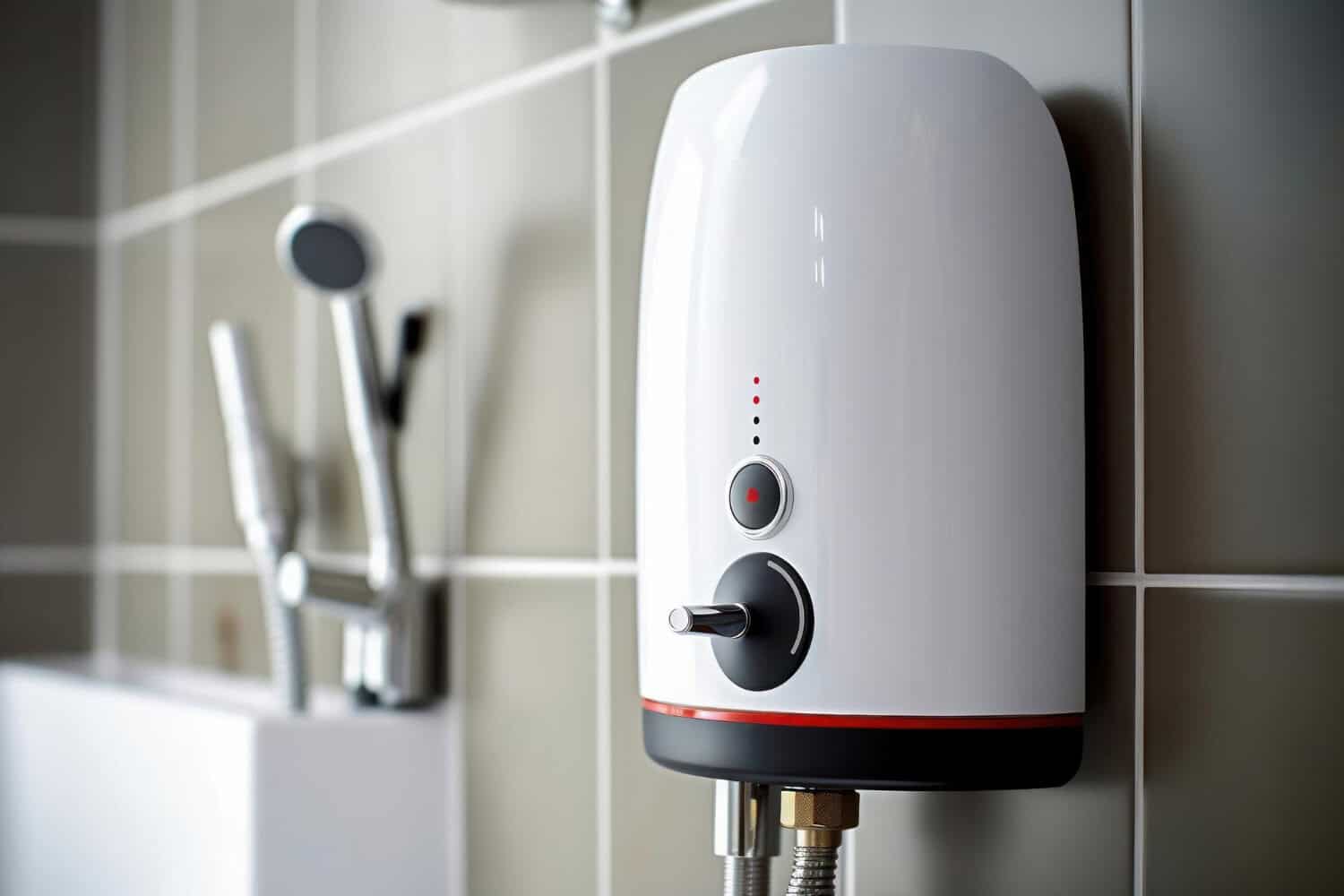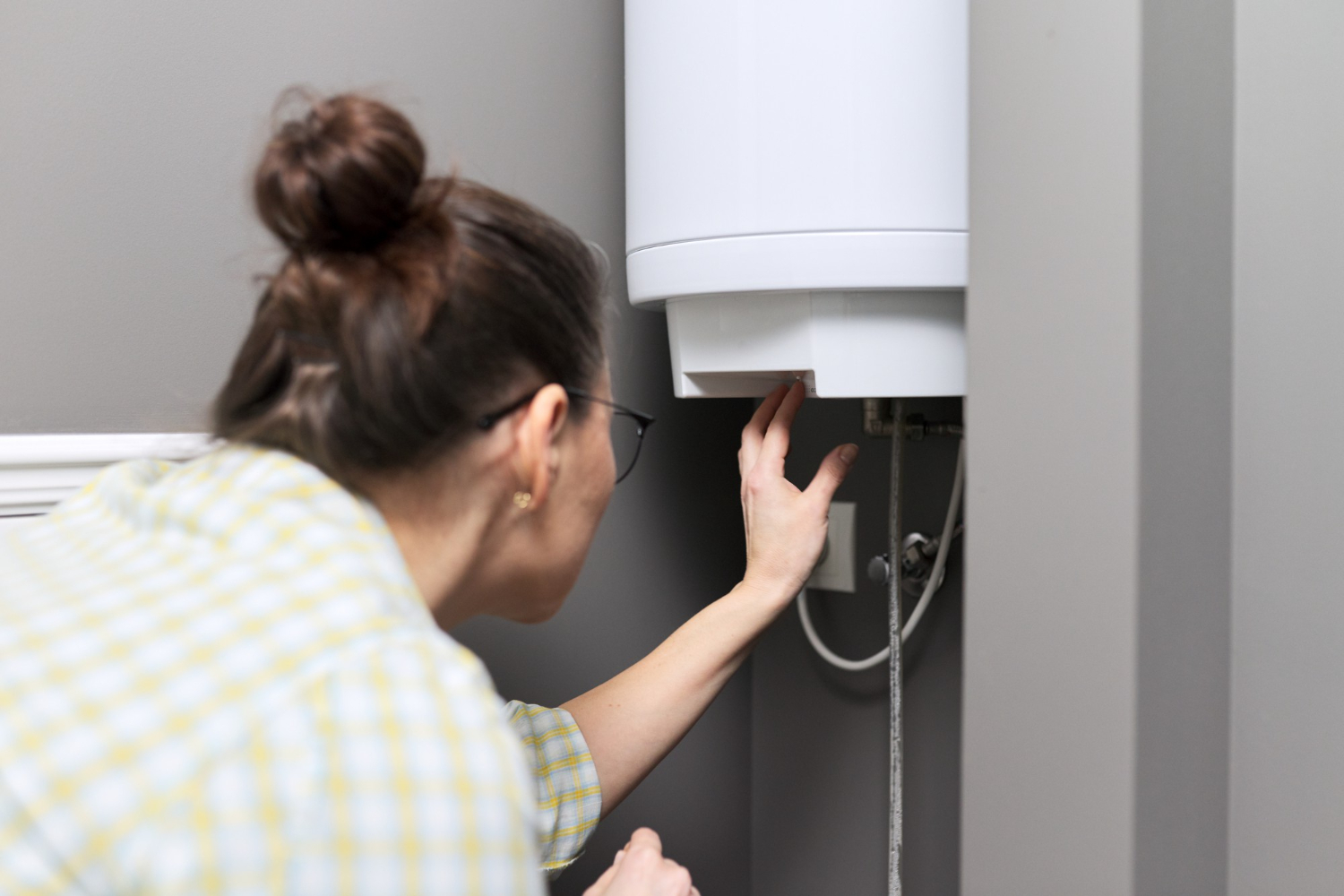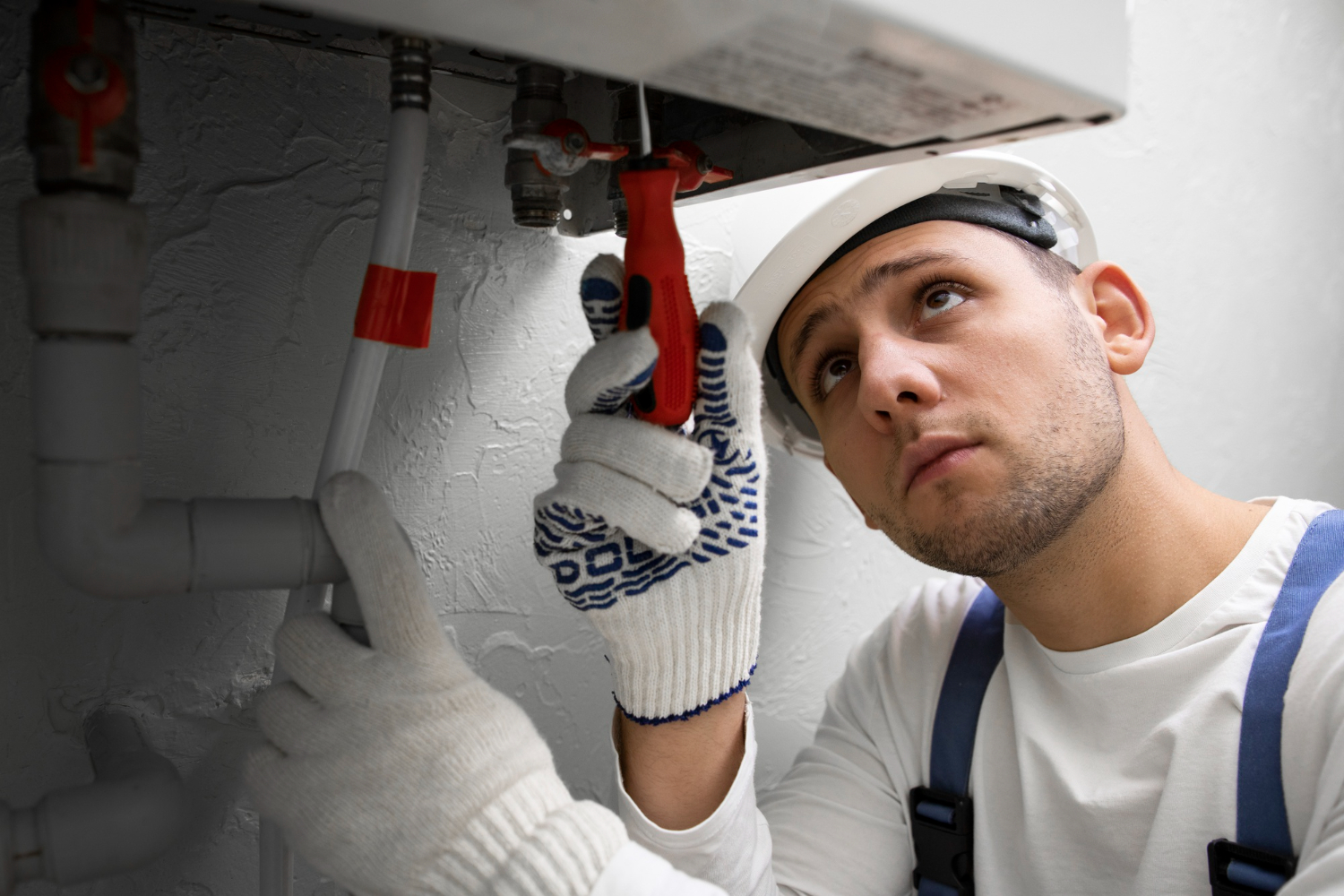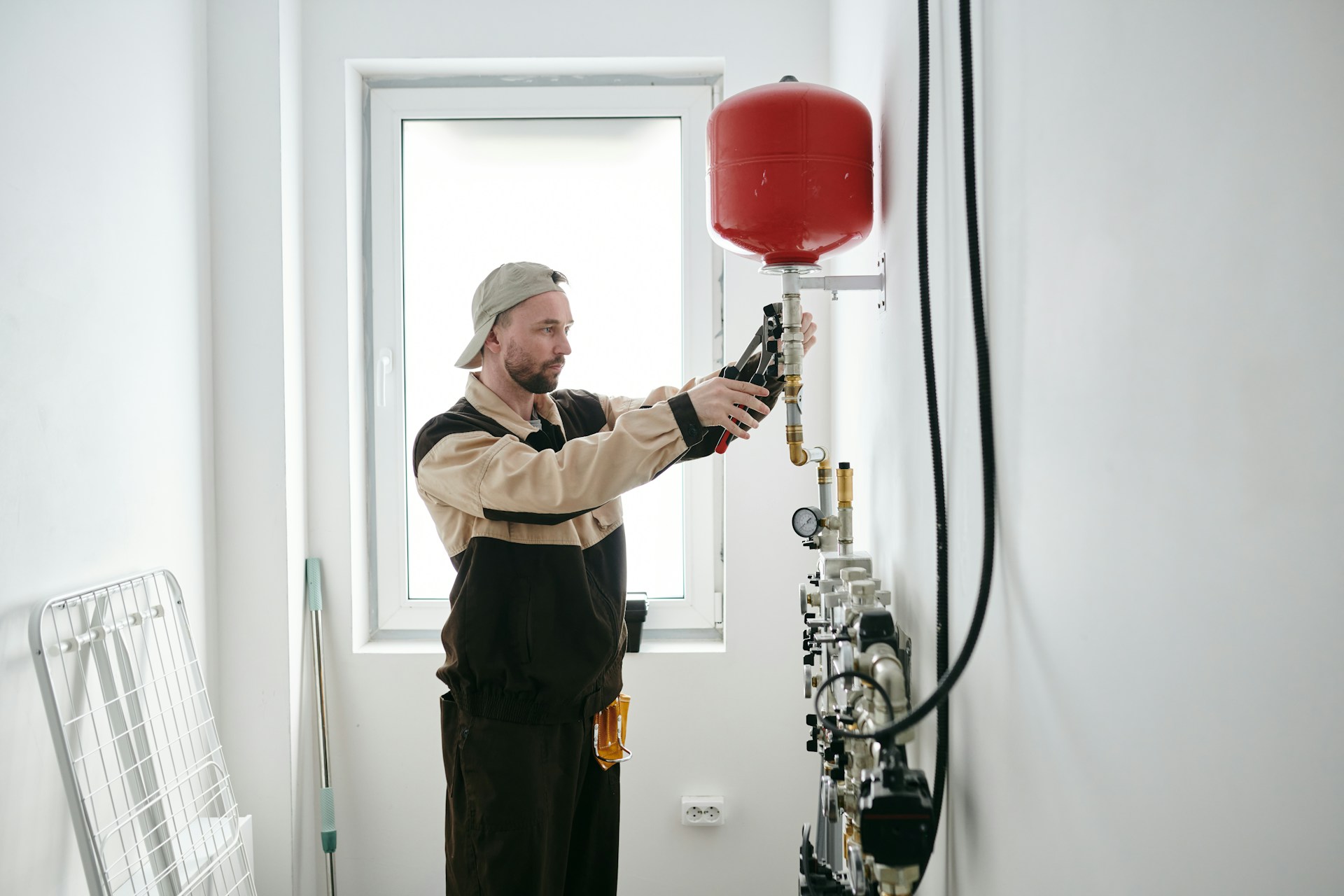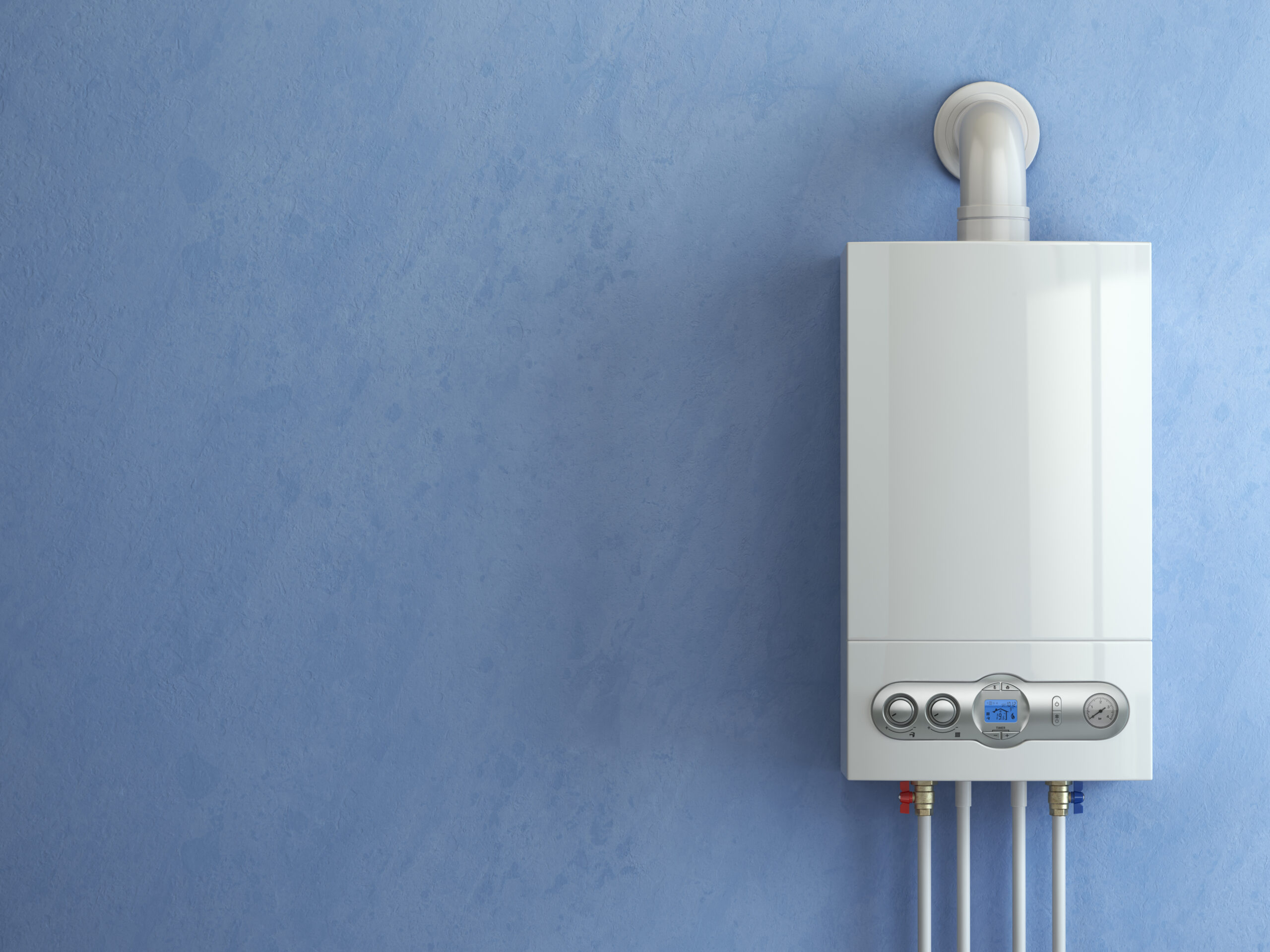If your water heater has been making strange noises, it’s easy to feel a bit uneasy. After all, unusual sounds can be alarming. But before you start worrying about bigger issues, understanding the common causes can ease your mind and help you take appropriate action. The noises could be due to several common reasons that are generally manageable with some attention. By getting familiar with what’s causing the sounds, you’ll have a better sense of when to call for help.
Water heaters can sometimes act up, and the sounds they make are like a language conveying vital clues about their inner workings. By paying attention to these sounds, you can determine whether the issue is minor or something that requires urgent intervention. This comes in handy, especially for ensuring your home stays comfortable and your energy bills don’t spike unexpectedly. Let’s explore some frequent culprits behind those strange noises.
Common Causes of Noise in Water Heaters
1. Sediment Build-up: Over time, minerals from the water can settle at the bottom of the tank. When the water heats up, these sediments begin to rattle and move around, causing a rumbling or popping noise. Regular maintenance and flushing of the tank can help prevent this build-up and keep your heater running quietly.
2. Expanding and Contracting Metal Components: The metal parts of the heater expand and contract with temperature changes, which can cause knocking or banging sounds. This is typically not a major issue but understanding it can set your mind at ease.
3. Water Hammer Effect: This occurs when the water flow is suddenly stopped, causing a shockwave that results in a loud banging noise. Installing water hammer arrestors can resolve this issue.
4. Loose or Worn-Out Heating Elements: If the heating elements inside the water heater become loose or worn, they might rattle or create a humming sound. In this case, a professional inspection is recommended to secure or replace any faulty components.
Understanding these common causes ensures you know what to expect and do when your water heater starts serenading you with unfamiliar tunes. Listening carefully to the type of noise can help pinpoint the issue, and when in doubt, reaching out to a professional is always a smart move.
How Noises Can Affect Your Water Heater’s Performance
Strange noises coming from your water heater may seem like just a nuisance, but they can lead to bigger problems if ignored. By understanding the impact these sounds can have on performance, you’ll be better prepared to handle any issues that arise. Unusual noises often indicate reduced efficiency. The heater may not heat water as effectively, leading to longer wait times and potentially lukewarm water even when the thermostat is set high. This inefficiency increases energy consumption, which might catch you off guard when you see your utility bill.
These noises might also signal the onset of more significant issues. Persistent sounds could mean a component is struggling, and if left unchecked, might lead to a complete breakdown. For instance, a consistent rumbling noise might indicate heavy sediment build-up, which could cause the tank to overheat and weaken over time. Recognizing these signs early allows you to address them before they develop into costly repairs or replacements.
Steps to Diagnose the Problem
Pinpointing the cause of the noise can be straightforward with a few practical steps. Start by listening to the specific noises coming from the heater. Each sound may correspond to a different issue, as discussed in the section on common causes. Identifying the type of noise can help narrow down potential problems.
Next, conduct a visual inspection of the heater. Look for any obvious signs of wear, leaks, or corrosion. Note any unusual discoloration or damage around the tank. Physical signs combined with specific noises can confirm the root cause.
Lastly, check for leaks and signs of corrosion. Leaks often result in dripping or gurgling sounds, while corrosion may contribute to a crackling noise. If any of these signs are present, it’s wise to seek expert advice to prevent any further damage.
When to Seek Professional Water Heater Services in Saratoga Springs
Knowing when to call for professional help can save you time and potential expenses down the line. Persistent or unusual noises that don’t resolve with simple troubleshooting should not be ignored. These might indicate underlying issues that need specialized attention.
Visible signs of wear or damage are another cue to reach out for professional services. If your heater shows signs like rust, significant sediment layers, or structural compromises, a professional assessment is key to ensuring the safety and longevity of the equipment.
Consider contacting a professional if you notice inefficiency or inconsistent water temperatures. These problems could be signs that parts need repair or replacement. Getting professional help will ensure that the heater functions properly and efficiently, giving you peace of mind throughout the year.
Maintaining Your Water Heater to Prevent Future Issues
Regular maintenance plays a crucial role in preventing any unexpected noises from your water heater. Start with flushing the tank regularly to remove sediment build-up. This simple task keeps sediment from accumulating to the point where it affects performance.
Schedule inspections and routine maintenance with a professional. Professionals have the tools and expertise to spot potential problems early and provide solutions that keep your heater in peak condition. It’s much easier to address small issues before they escalate into major repairs.
Keep the area around the water heater clear and accessible. Proper air circulation helps prevent overheating and ensures that the equipment functions smoothly. By following these straightforward steps, you can keep your heater running efficiently and avoid the risk of strange noises or unexpected breakdowns.
If your water heater has been making strange noises, it might be time to consider professional help to ensure everything is running smoothly. For a thorough inspection and reliable solutions, explore our water heater services. My Jockey offers expert assistance to keep your water heater in top shape, saving you from unexpected problems and ensuring consistent comfort at home.

